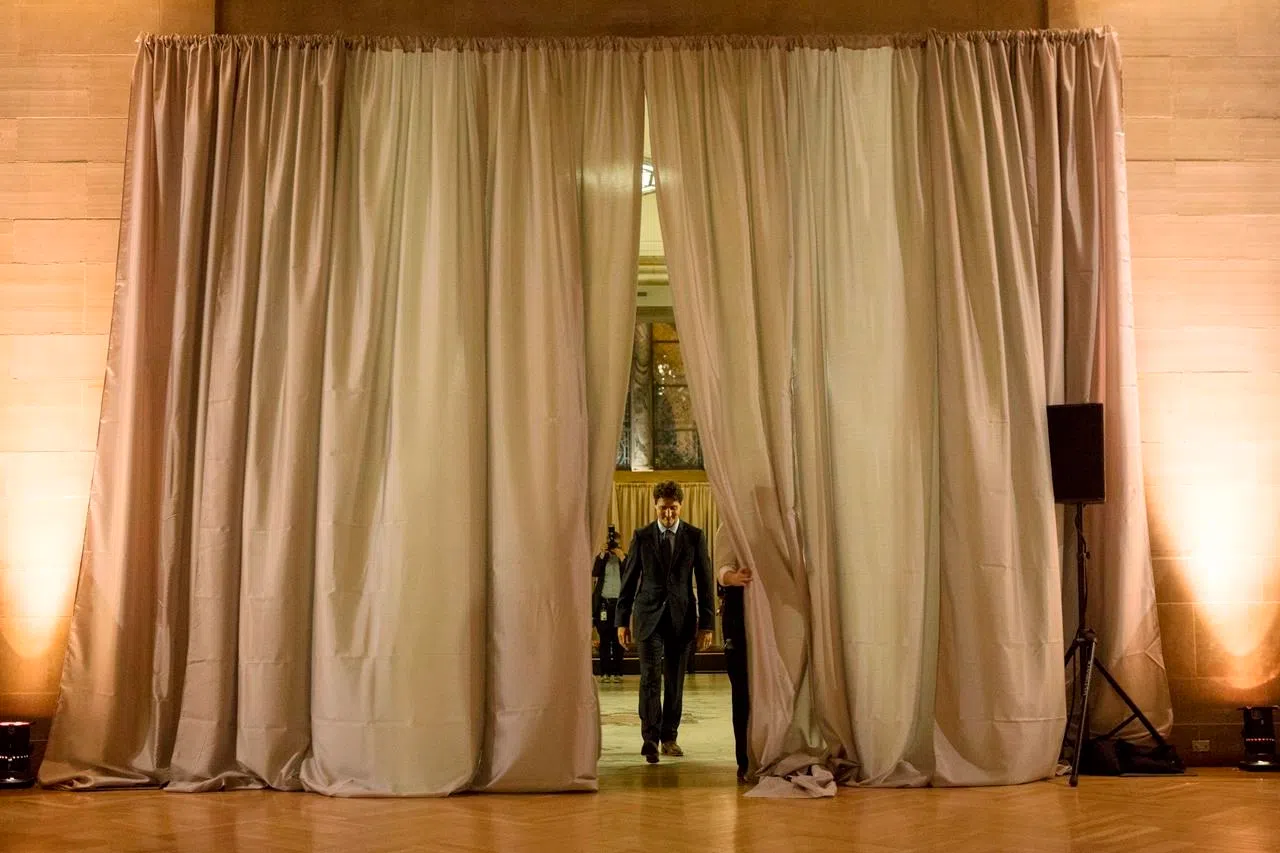
PM briefs premiers on NAFTA developments, as more ministers bound for U.S.
OTTAWA — As negotiations to rewrite the North American Free Trade Agreement falter, the Trudeau government is expecting premiers and federal cabinet ministers to fan out across the United States to push the merits of the trilateral trade pact.
Federal cabinet ministers will be heading south in the coming days to continue their full-court press for the deal, following the end of the fourth round of NAFTA talks that saw American negotiators drop bombshell proposals on dairy, autos and other issues that Ottawa views as non-starters.
Transport Minister Marc Garneau will attend Friday’s meeting of the Great Lakes and St. Lawrence governors and premiers in Windsor and Detroit.
Government officials, speaking on the condition of anonymity because of the sensitivity of the trade talks, say these moves are not a just a response to the latest round of talks, which exposed massive gaps between American bargaining positions and those of Canada and Mexico.